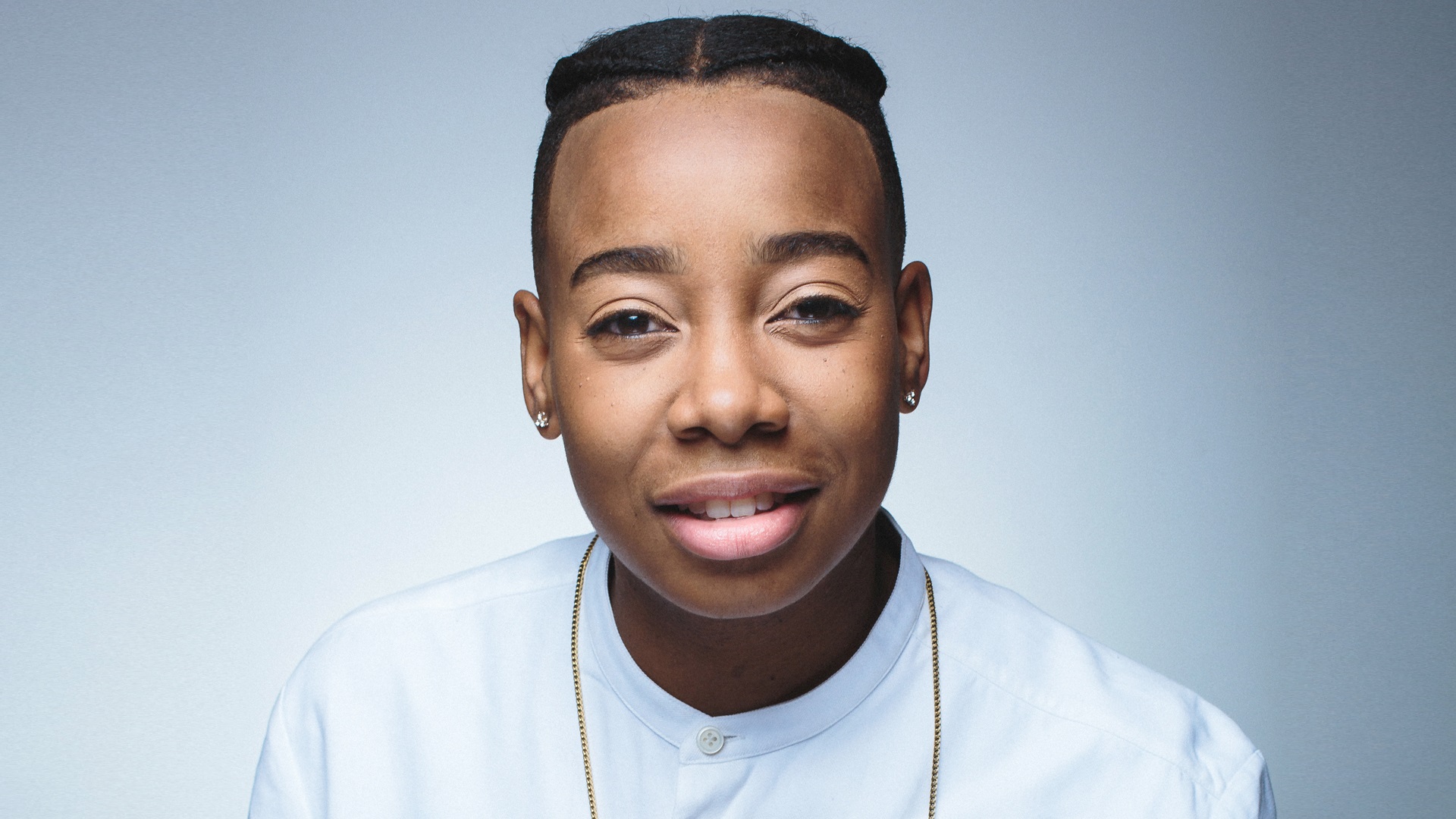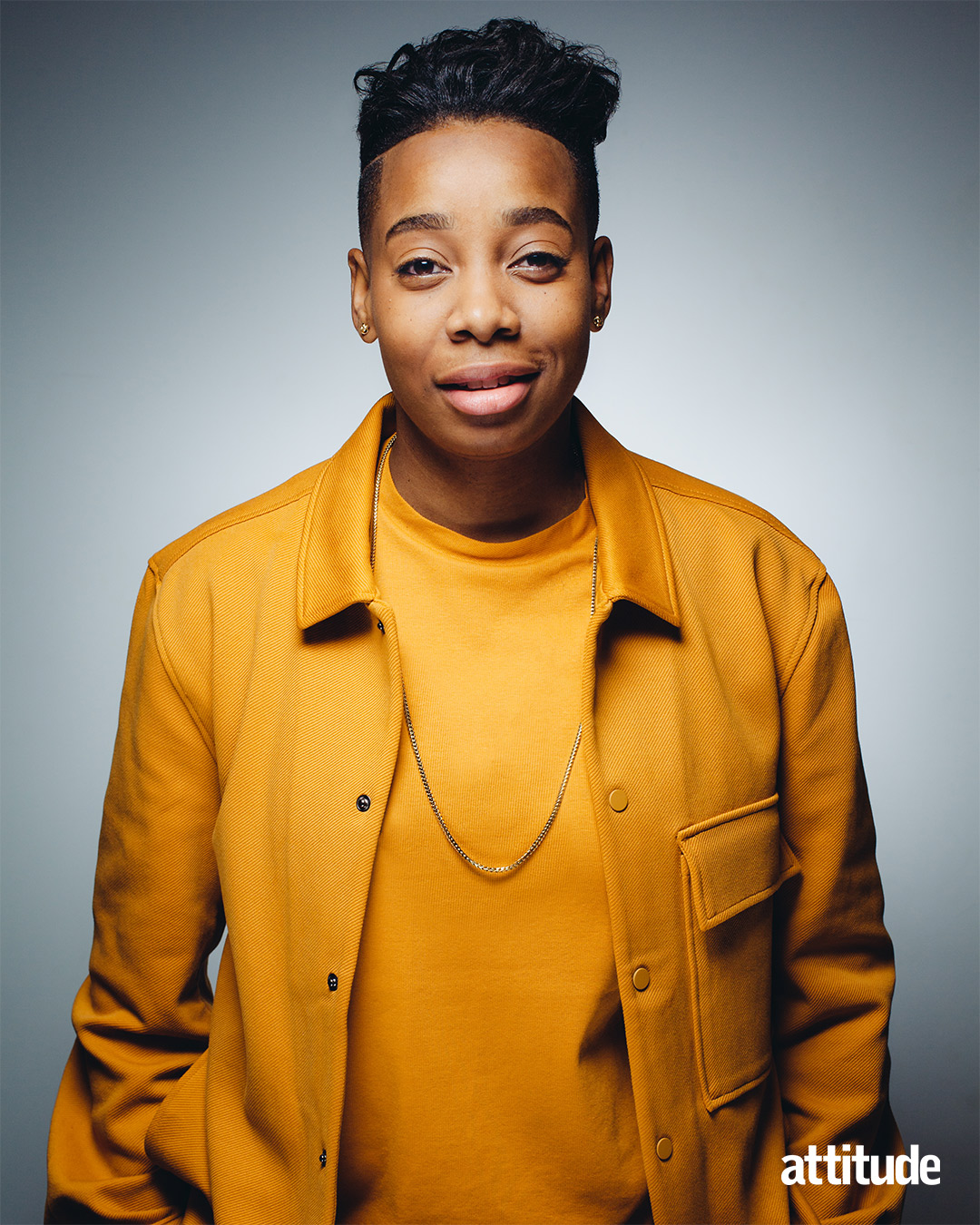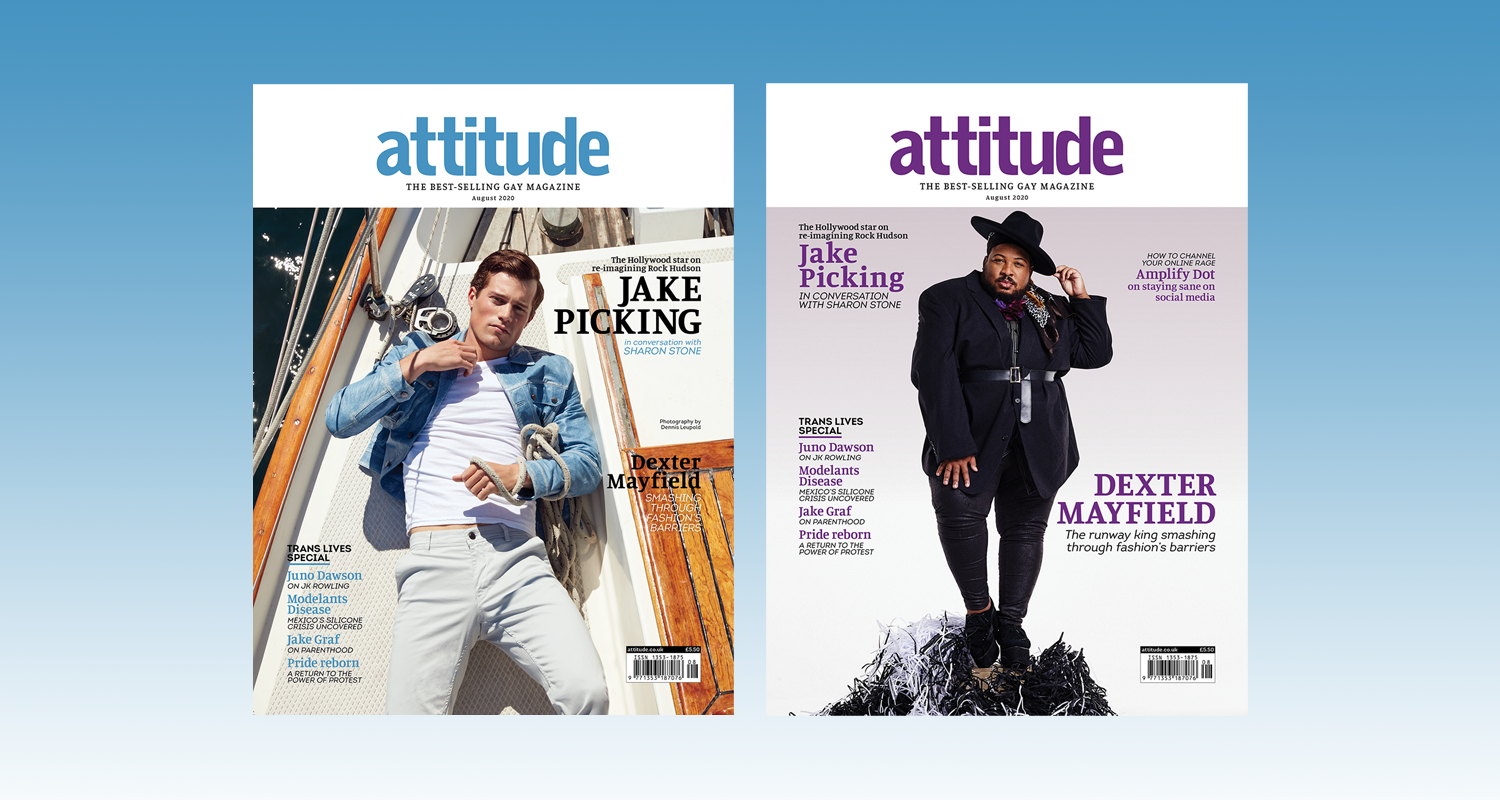Ashley ‘Dotty’ Charles on Black Lives Matter and performative activism
“Being an ally isn’t saying 'Black Lives Matter' when we’re looking. It’s continuing to repeat it when we’re not in the room.”
Former BBC Radio 1Xtra host Ashley ‘Dotty’ Charles has urged self-proclaimed “allies” to step up and instigate real change.
In an interview in the Attitude August issue – out now to download and to order globally – she weighs in on the global Black Lives Matter protests, sparked by the killing of George Floyd in America.
With #BlackLivesMatter spreading like wildfire on social media, Dotty, 32, points out that there is a huge difference between “performative allyship” and beating heart activism.

“Look, there are so many empty gestures, right?” she begins. “A lot of activism is for PR and it’s all ornamental.
“There are times when going with the tide is progressive [though], even if you post a picture of yourself at a Black Lives Matter protest and you’re there because you think you’re going to get 2,000 ‘likes’ for it,” she continues.
“One of those ‘likes’ might be from somebody who is actually inspired to learn something, inspired to read something, inspired to change their attitude.”
Dotty – who lives in London with wife Lina and son Camden – explains that being a bona fide ally is about getting your hands dirty and digging down to the root of the cause.

“The people who are having the conversations, the people who are contacting senior management in their offices and saying, ‘Hold on a second, there’s never been a black person in this [position],’ or, ‘Why did I get this promotion over this black person who has been here longer than me and is f***ing great at their job.
“Being an ally isn’t saying Black Lives Matter when we’re looking. It’s continuing to repeat it when we’re not in the room.
“That means calling out problematic views that your family may have, addressing micro-aggressions in the workplace, correcting ignorant views amongst your friends, it’s having conversations in board rooms that black people aren’t in,” she insists.
“That is how you dismantle systematic racism,” Dotty adds.
In her debut book Outraged: Why Everyone is Shouting and No One is Talking, out now, she argues that ‘outrage’ as a tool for societal change has become increasingly devalued in the online era, where we have lost our minds over everything from Jamie Oliver’s range of jerk rice to the mocking of food allergies in animated films (see 2018’s Peter Rabbit).
“I’ve got so many reasons to be outraged: I’m black, I’m gay, I’m a woman. If I reacted to everything that was offensive to any three sides of my identity, I would be in a perpetual state of rage,” she says.
Embarking on a “outrage safari,” the new author – who quit her BBC job of six years earlier this month – explores how we can channel and use our anger more effectively.
“It was important for me, for people who look like me and live like me, but also people from other communities to understand that we need to be more responsible with our outrage,” she maintains. “It can be so powerful if we’re responding to things in the right ways.”
Outraged: Why Everyone is Shouting and No One is Talking, published by Bloomsbury, is out now
Read the full interview in the Attitude August issue, out now to download and to order globally.
Subscribe in print and get your first three issues for just £3, or digitally for just £9.99 (that’s just 77p per issue!) until midnight on 26 July.

